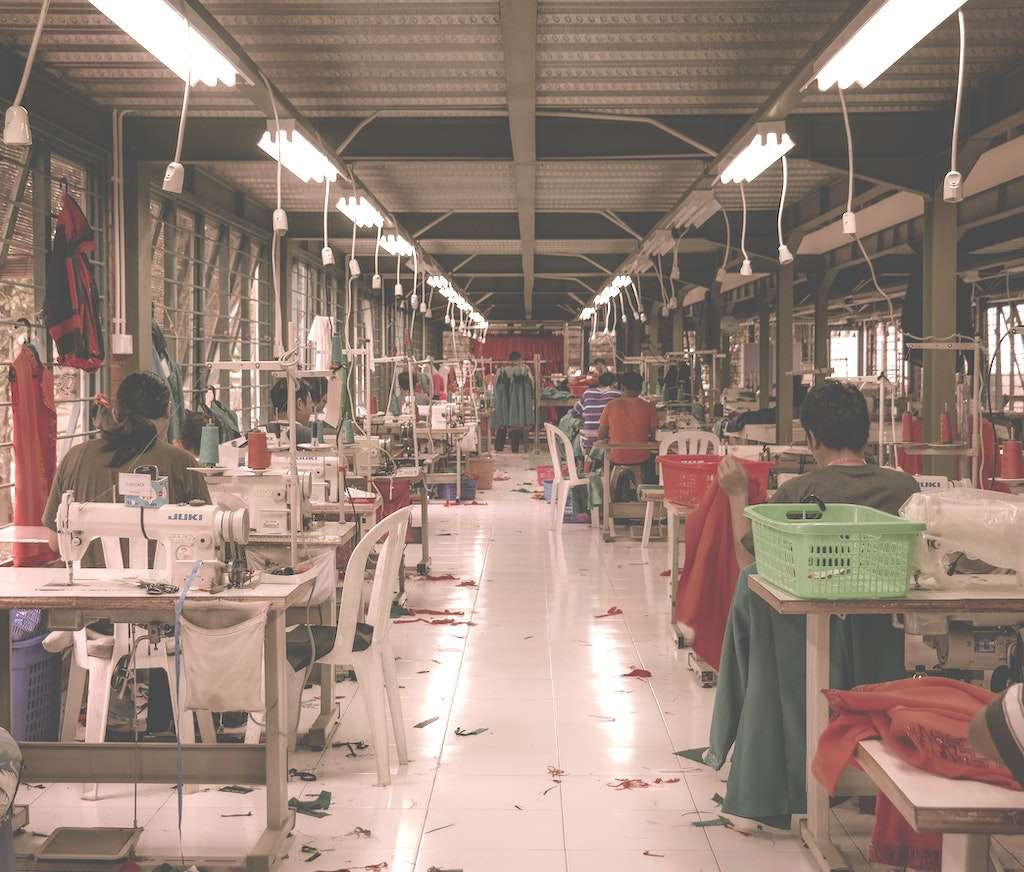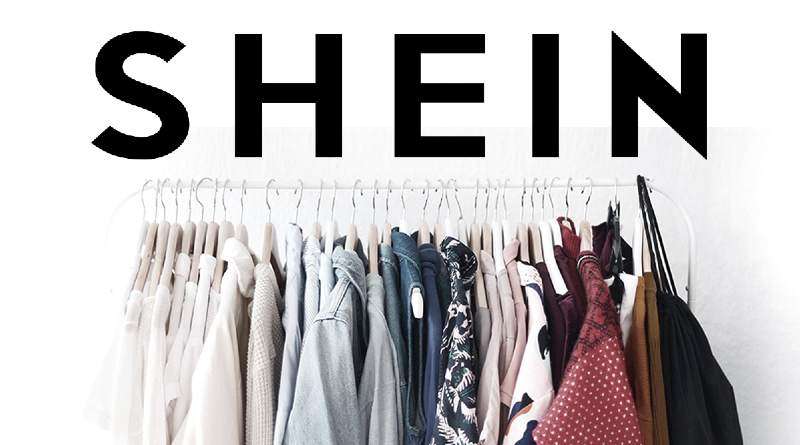Shein’s clothes aren’t just bad for the planet. A new report finds they contain high levels of toxic chemicals.
Fast-fashion behemoth Shein is in hot water again. Following accusations that its workers earn just three cents per garment and work 18-hour shifts, independent laboratory testing found Shein clothing contained high levels of toxic chemicals.
Chemicals in Shein’s ultra-fast fashion
According to Greenpeace Germany, which tested 47 garments from the Chinese manufacturer, phthalate levels were 100 times European Chemicals Regulation (REACH) limits of 1,000 milligrams per kilogram. The average phthalate levels were 100,000 milligrams per kilogram with a pair of snow boots containing 685,000 milligrams per kilogram—685 times the legal limit.
The testing found 15 percent of items exceeded REACH limits, and 32 percent were at “levels of concern.”

“Greenpeace Germany’s findings show that the use of hazardous chemicals underpins Shein’s ultra-fast fashion business model, which is the opposite of being future-proof,” Viola Wohlgemuth, resource protection expert at Greenpeace, said in a press release.
“Shein products containing hazardous chemicals are flooding European markets and breaking regulations—which are not being enforced by the authorities. But it’s the workers in Shein’s suppliers, the people in surrounding communities and the environment in China that bear the brunt of Shein’s hazardous chemical addiction. At its core, the linear business model of fast fashion is totally incompatible with a climate-friendly future—but the emergence of ultra-fast fashion is further accelerating the climate and environmental catastrophe and must be stopped in its tracks through binding legislation. Alternatives to buying new must become the new norm,” Wohlgemuth said.
Exposure to phthalates has been linked to reproductive issues, type 2 diabetes and insulin resistance, metabolic issues, allergies, and asthma, among other issues.

Greenpeace tested Shein’s clothing for phthalates | Courtesy
Shein told Fashion United it has addressed the issue.
“Shein takes product safety very seriously. Our suppliers are required to comply with the controls and standards we have put in place, including chemical controls lists and standards which are aligned to Europe’s REACH, as well as CPSIA, CPSA and CA65 from the US, amongst other regulations,” a spokesperson said.
“We work closely with international third-party testing agencies such as Intertek, SGS, BV and TUV, to regularly carry out testing to ensure suppliers’ compliance to our product safety standards. In the past year, we have conducted more than 300,000 chemical safety tests with these agencies.
“Upon learning of any claim against our products, we immediately remove the product(s) from our site as a matter of caution whilst conducting our investigations. If non-compliance is verified, we will not hesitate to take appropriate follow-up action with the supplier of said product. We can also confirm, based on the information available through the social media account of Greenpeace, that we have immediately removed the products mentioned pending investigation. Shein is dedicated to always providing consumers with safe and reliable products,” the company said.
Greenpeace urges regulators to hold Shein accountable
But Greenpeace says because Shein sells garments online, the transactions can skirt regulations, putting consumers and factory workers at risk.
“The EU must enforce its laws to protect the environment and consumers for online retailers as well and tighten REACH significantly,” Wohlgemuth said.
“Chemicals that are potentially carcinogenic when worn in Germany or elsewhere are even more so dangerous for the workers in Shein’s factories in China. Dangerous chemicals must be banned by law from all textile production.”

Shein has been heavily criticized for its excessive output; the site can post as many as ten thousand new designs per day. By comparison, H&M, which has also been criticized for its heavy item churn, produces less than two percent of that volume in four months.
The fashion sector is also contributing to the climate crisis in a number of ways; plastic-based materials such as polyester and nylon are widespread, and fewer than one percent of textiles come from recycled or deadstock materials. Discarded fashion is also piling up in landfills and creating problems around the world.
“This new ultra fast fashion business model takes overconsumption and waste of resources to the extreme. This creates a huge amount of environmentally damaging textile waste in the Global South, in addition to environmental damage in the producing countries,” Wohlgemuth says.
“Fast fashion is already completely incompatible with a climate-friendly future,” says Wohlgemuth. “The new trend of ultra-fast fashion is fuelling [the] climate crisis and nature destruction so aggressively that it must be stopped immediately by legislation.”
Related on Ethos:


